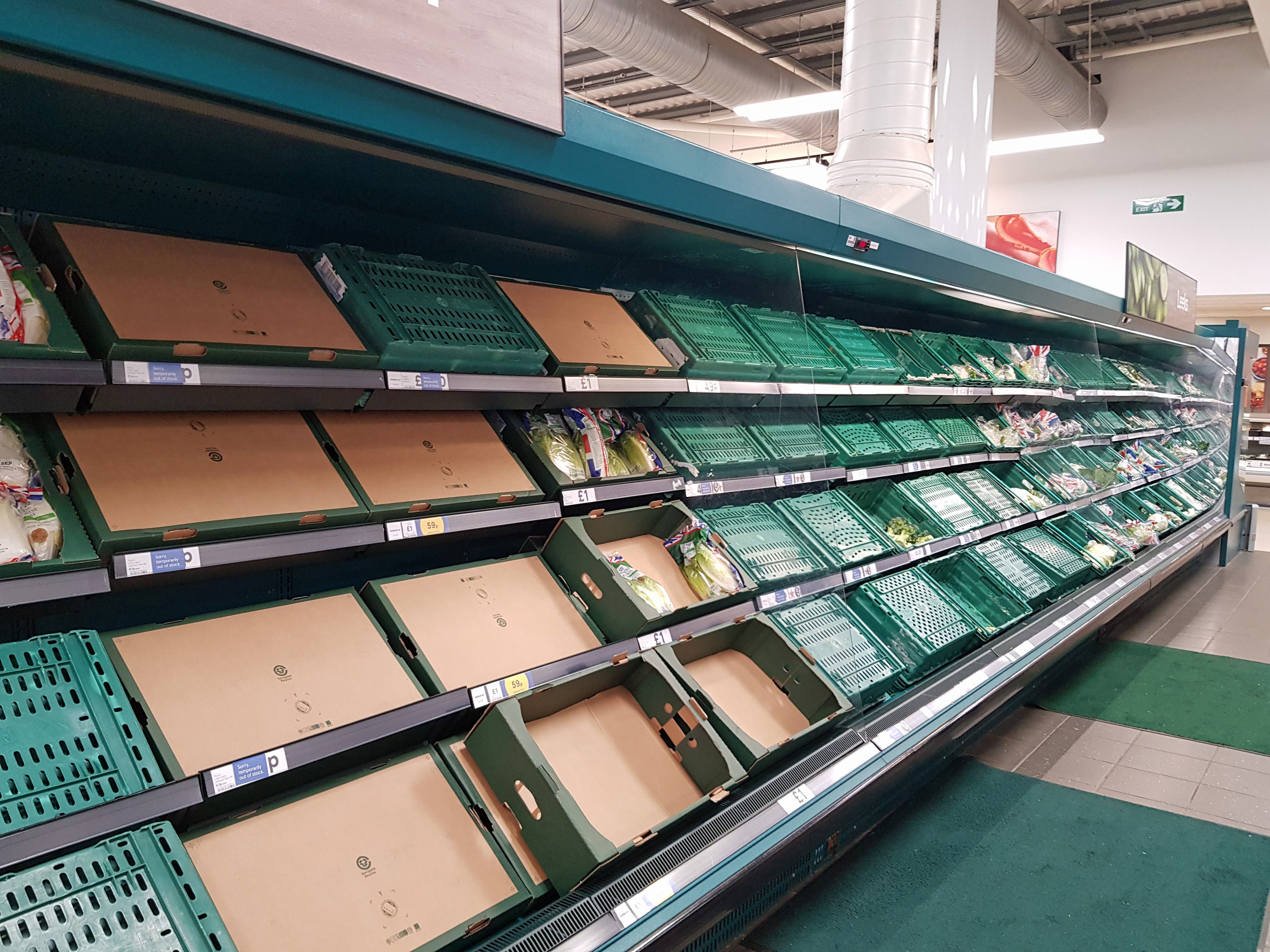Private sector growth slows to seven-month low over supply chain disruption
The closely followed IHS Markit/CIPS survey found inflation pressure and not enough workers to fill empty roles also contributed to the slowdown.

Your support helps us to tell the story
From reproductive rights to climate change to Big Tech, The Independent is on the ground when the story is developing. Whether it's investigating the financials of Elon Musk's pro-Trump PAC or producing our latest documentary, 'The A Word', which shines a light on the American women fighting for reproductive rights, we know how important it is to parse out the facts from the messaging.
At such a critical moment in US history, we need reporters on the ground. Your donation allows us to keep sending journalists to speak to both sides of the story.
The Independent is trusted by Americans across the entire political spectrum. And unlike many other quality news outlets, we choose not to lock Americans out of our reporting and analysis with paywalls. We believe quality journalism should be available to everyone, paid for by those who can afford it.
Your support makes all the difference.Supply chain disruption, inflation pressure on raw materials and staff shortages all contributed to growth in the UK’s private sector slowing to a seven-month low, according to new data.
The closely-followed IHS Markit / CIPS Composite Output Index recorded a score of 54.1 so far this month, down from 55.3 at the same point in August, with a score of 54.8 by the end of last month.
Anything above 50 is seen as a sector or service in growth.
The September PMI data will add to worries that the UK economy is heading towards a bout of ‘stagflation’, with growth continuing to trend lower while prices surge ever higher
Expansion in both output and new orders were weak and whilst job creation was high, people to fill those roles were few and far between, those surveyed said.
Bosses also reported that the costs of goods show little sign of abating and increased prices are now being passed onto customers.
The slowdown was more acute in manufacturing, where production only rose modestly due to severe supply-chain disruption and signs of demand softening, in light of the HGV driver shortages.
Job creation was particularly strong in the services sector, including pubs, bars and restaurants, but companies are struggling to find enough workers.
Employment growth in manufacturing slowed as a result of fewer orders and the availability of workers, the survey found.
Rising costs remain a cause for concern among businesses, with bosses stating rising wages, increased prices for raw materials and high shipping costs have all contributed.
It has led to selling prices to customers rising at the strongest pace on record, the survey said.
Business confidence is also taking a hit due to the pressures, with the survey recording an eight-month low on its confidence index.
In manufacturing, the Purchasing Managers’ Index (PMI) for the first half of September hit 56.3, falling from 60.3 in August to the lowest level since February during the last lockdown.
Expansion was held back due to material shortages but demand from customers was also slowest, bosses said.
In the service sector the PMI score was 54.6, down from 55.0 in August, a seven-month low.
Similar impacts on prices and supply chains were felt, although respondents also reported some benefits from the number of staycations due to global travel restrictions.
Chris Williamson chief business economist at IHS Markit, said: “The September PMI data will add to worries that the UK economy is heading towards a bout of ‘stagflation’, with growth continuing to trend lower while prices surge ever higher.
“While there are clear signs that demand is cooling since peaking in the second quarter, the survey also points to business activity being increasingly constrained by shortages of materials and labour, most notably in the manufacturing sector but also in some services firms.”